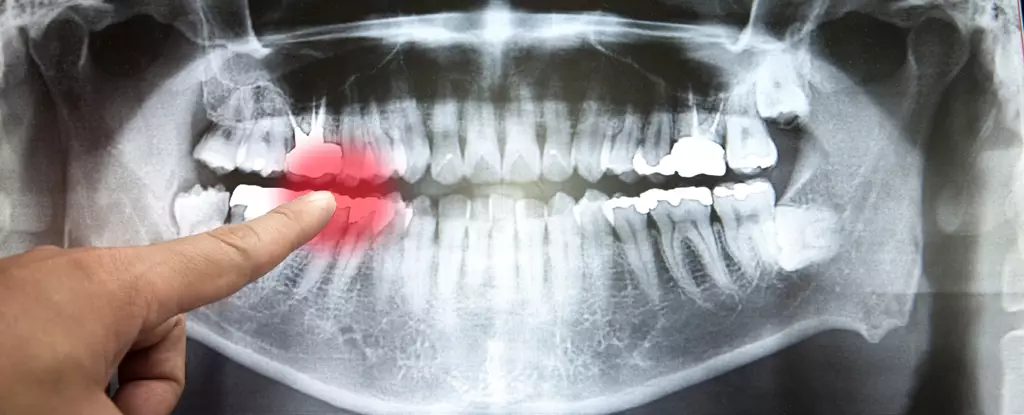The lack of access to adequate dental care in the UK has led to a rise in what is being referred to as “DIY dentistry”. With NHS dentistry in decline and private care becoming unaffordable for many, people are turning to drastic measures to deal with their dental issues. Lockdowns during the pandemic further exacerbated the situation, preventing individuals from accessing necessary medical care, including dental treatments.
Reports indicate that some individuals have taken extreme measures to address their dental problems, such as using cement and superglue to fix crowns and dentures, attempting to extract teeth using household tools like pliers and vodka, and even resorting to using nail files to alter the appearance of their teeth. These methods not only pose immediate risks but also have long-term consequences.
Self-extractions and other DIY dental procedures can lead to serious complications. For instance, creating an oroantral fistula, an abnormal tunnel between the mouth and maxillary sinus, can result in infections that may require invasive surgery to correct. Leaving root residue in the gum after an extraction can lead to infections and the need for costly oral surgeries in the future. Altering biting mechanics permanently can cause pain while eating and damage healthy teeth in the process.
In addition to DIY procedures, some individuals are turning to home treatments like tooth whitening using hydrogen peroxide. However, these methods can have detrimental effects on oral health. Applying excessive amounts of hydrogen peroxide can damage tissues, leading to potential injuries to gums or the digestive tract. It’s crucial to be aware of the risks associated with these practices and to prioritize professional dental care.
The prevalence of DIY dentistry highlights the urgent need for increased access to affordable dental care. Quick fixes and hacks may provide temporary relief, but they often end up costing more in the long run in terms of both financial expenses and health complications. Visiting a dentist for oral emergencies or cosmetic procedures should be a priority to ensure proper treatment and prevent further issues down the line.
The rise of DIY dentistry is a concerning trend driven by factors such as limited access to dental care and the high costs associated with private treatments. While it may be tempting to take matters into one’s own hands, the risks and consequences of self-dentistry outweigh any perceived benefits. It is essential for the government to prioritize increasing affordable dental provision to ensure that individuals have access to necessary oral health care services and to prevent dangerous practices like DIY dentistry.


Leave a Reply